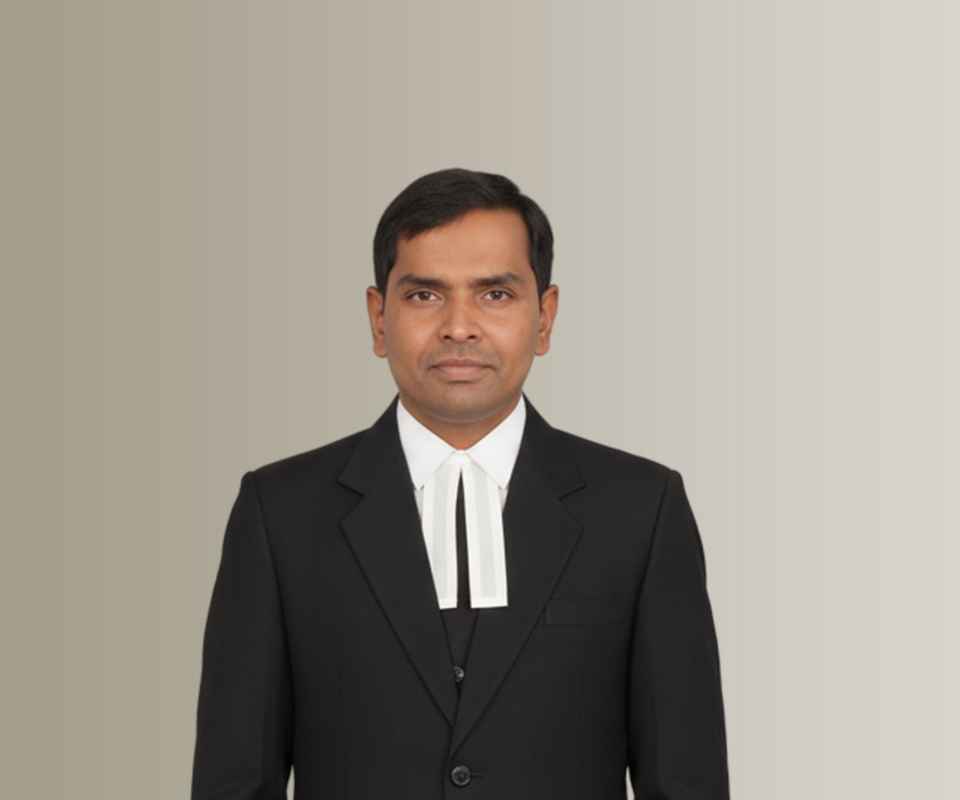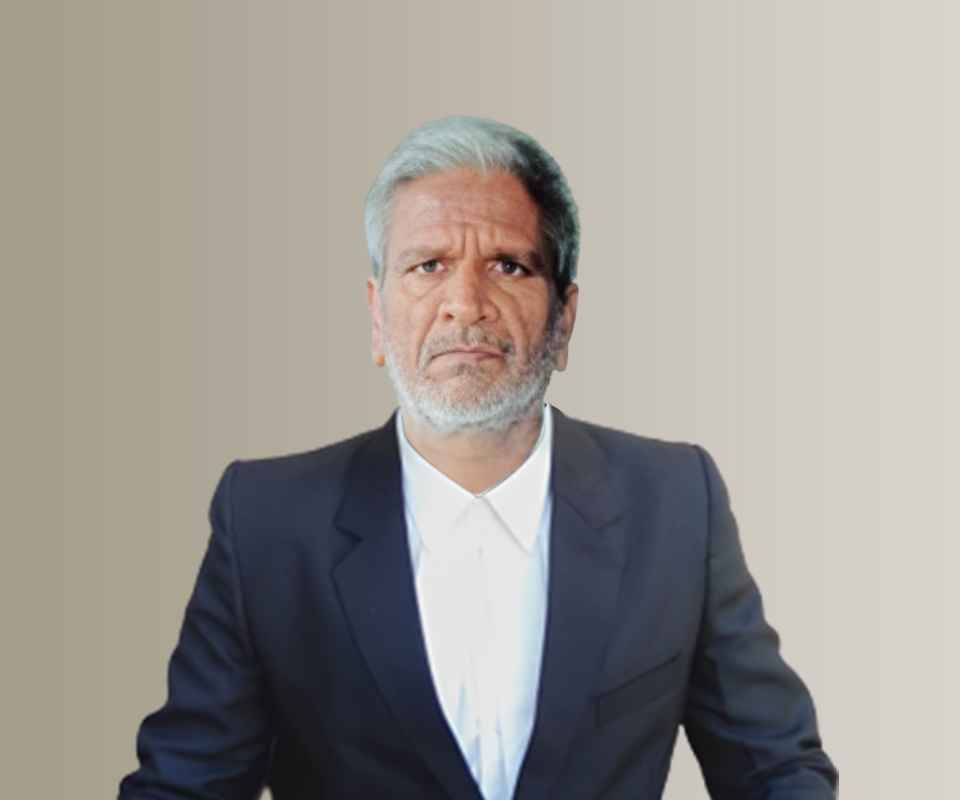Answer By law4u team
In personal injury trials, expert witnesses can be crucial to the success of the case. These individuals have specialized knowledge, training, or experience in a particular field that enables them to offer insights that an average person or the jury might not be able to comprehend. While expert witnesses are often key to proving negligence, causation, and damages, their involvement is not always mandatory, depending on the specifics of the case.
Are Expert Witnesses Required in Personal Injury Trials?
1. Role of Expert Witnesses:
Providing Specialized Knowledge:
Expert witnesses have the training or experience to explain complex issues that are beyond the understanding of a layperson. In personal injury trials, experts help to clarify technical or scientific matters, such as medical conditions, the mechanism of injury, and the appropriate standard of care.
Establishing Causation and Liability:
Expert witnesses can play a critical role in showing that the injury was caused by the defendant’s actions (negligence) or in explaining how the defendant’s conduct violated the standard of care. In medical malpractice cases, for instance, an expert might testify about how a doctor’s failure to diagnose a condition led to worsening injuries.
2. Are Expert Witnesses Always Necessary?
Not Always Required in Every Case:
While expert witnesses are often important, they are not always required in personal injury trials. For example, in cases where the cause of the injury is obvious (e.g., a car accident with clear fault), expert testimony may not be necessary. In such cases, lay witnesses or direct evidence (e.g., photographs, videos, or eyewitness accounts) may be sufficient to establish the claim.
Injury Type and Complexity:
Expert testimony becomes essential when the injury is complex or when medical or scientific issues need to be explained. This is often the case in medical malpractice or cases involving serious injury where understanding the long-term impact or treatment protocols is critical.
3. Common Types of Expert Witnesses in Personal Injury Cases:
Medical Experts:
These experts are typically doctors, surgeons, or healthcare providers who can testify about the nature of the injury, whether the treatment was appropriate, and the likely future outcomes of the injury. They can also explain how negligence led to the injury.
Vocational Experts:
In cases where the injury affects the victim’s ability to work, a vocational expert can testify about the individual’s ability to return to work, the impact of the injury on their future earning capacity, and what type of work they can still perform.
Economic Experts:
In cases where the victim has suffered significant financial losses (e.g., loss of income, medical expenses), an economic expert can calculate the total financial impact of the injury and help establish the appropriate compensation for lost wages and future financial needs.
Engineering or Accident Reconstruction Experts:
In accidents (e.g., car accidents, slip-and-falls), these experts can reconstruct the event to help determine how the injury occurred and who was at fault. They may use scientific principles and evidence to explain the sequence of events.
4. How Do Expert Witnesses Contribute to a Case?
Clarifying Complex Issues:
Expert witnesses can explain complicated medical conditions, treatment plans, or accident scenarios to the court in a way that is understandable to the judge and jury.
Supporting Claims of Negligence:
In cases involving negligence, expert witnesses can confirm that the defendant’s actions were outside the standard of care expected in their field (e.g., a doctor’s failure to diagnose cancer in a timely manner).
Quantifying Damages:
Experts can calculate the long-term costs associated with the injury, including future medical treatment, therapy, loss of income, and reduced quality of life. Their testimony helps the court determine the appropriate level of compensation for the victim.
When Are Expert Witnesses Most Needed?
1. Medical Malpractice and Healthcare Cases:
In medical malpractice cases, expert witnesses are almost always required. This is because a medical expert is needed to:
- Establish the standard of care that should have been followed.
- Explain how the healthcare provider deviated from that standard.
- Demonstrate how this deviation led to the injury.
2. Serious or Complex Injuries:
In cases involving brain injuries, spinal cord injuries, or other complex medical conditions, expert witnesses are essential to explain the medical details and the long-term effects of the injury.
For example, an expert neurologist might be needed to explain how a head injury leads to permanent cognitive impairments, or an orthopedic surgeon might testify on the impact of a broken bone on mobility and quality of life.
3. Product Liability and Accident Cases:
In product liability cases, engineering or technical experts are often used to determine how a product defect contributed to the injury.
In vehicle accident cases, an accident reconstruction expert may testify about how the accident occurred and who was at fault based on evidence from the crash site and the vehicles involved.
Example
A patient claims they suffered a severe injury due to a misdiagnosed heart condition by their doctor. To support their claim:
Medical Expert:
A cardiologist testifies that the doctor did not follow proper protocols in diagnosing the condition and that early detection would have prevented the injury.
Economic Expert:
An economic expert may testify about the loss of income due to the patient's inability to work after the injury.
Vocational Expert:
A vocational expert might explain how the injury has permanently limited the patient's ability to return to their previous job.
Conclusion:
Expert witnesses play a significant role in many personal injury trials, especially in complex cases involving medical malpractice, serious injuries, or technical issues. While they are not always necessary in every personal injury case, their testimony can be crucial in explaining complicated issues, establishing causation, and quantifying damages. The need for expert witnesses depends on the complexity of the injury and the specific issues being contested in the case.






